

Ben Zachariah
Police issue warning against popular 4x4 accessory
18 Minutes Ago
A research team has found using water as an electrolytic solution in a lithium-ion battery can make it less prone to explode.

Contributor
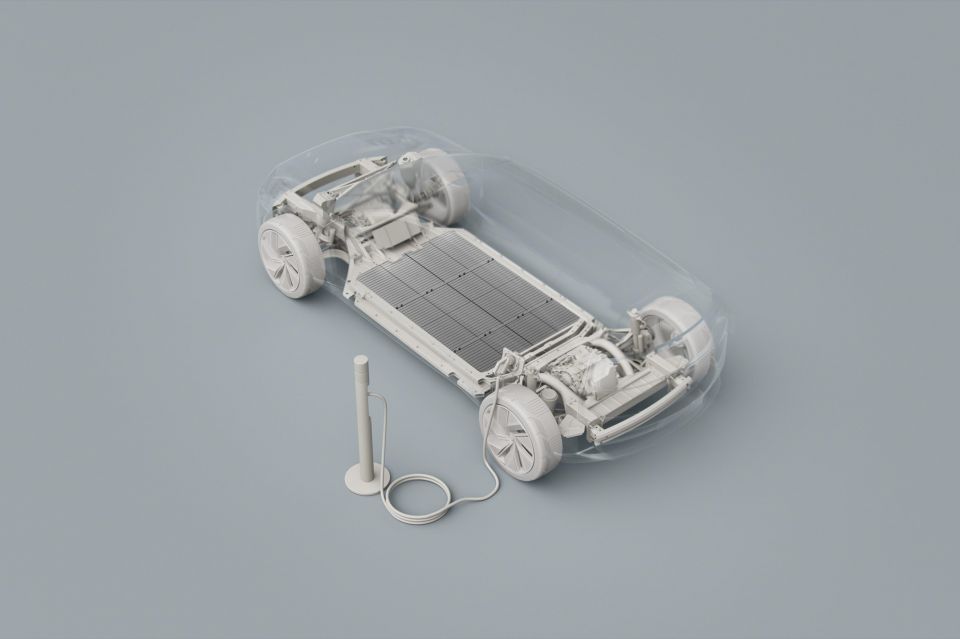

Contributor
A team of scientists have developed a prototype lithium-ion battery pack that uses water as an electrolytic solution, rather than a flammable organic solvent.
By using water as an aqueous electrolytic solution, it’s hoped the lithium-ion battery pack will be less prone to fires or explosions than typical lithium-ion batteries.
“This study opens a way to develop high-energy, durable, and safe batteries on the basis of metastable and nano-sized oxides with aqueous electrolyte solutions,” states the research article’s abstract as published by Proceedings of the National Academy of Sciences of the United States of America (PNAS).
The researchers, from Yokohama National University, Sumitomo Electric Industries Ltd and other organisations, have found using an aqueous electrolytic solution can “possess several beneficial characteristics such as higher ionic conductivity, environmental benignancy, and high safety”.
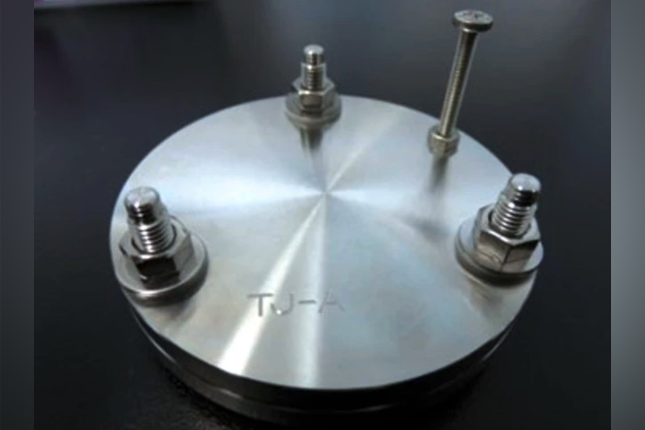
Although this might sound idyllic, this aqueous electrolytic solution can only be used in lower-voltage conditions and yields slightly lower performance.
The reason for this is because water breaks down when high voltage is applied.
As reported by the Japanese publication The Asahi Shimbun, the researchers found that using a molybdenum oxide for the negative electrode can achieve performance levels required for practical use.
After 2000 charge cycles, the scientists discovered the battery capacity dropped to 73 per cent.
Another notable drawback is its weight energy density is around half the level of a conventional lithium-ion battery pack, which would mean it’d have to be larger to produce the same capacity.
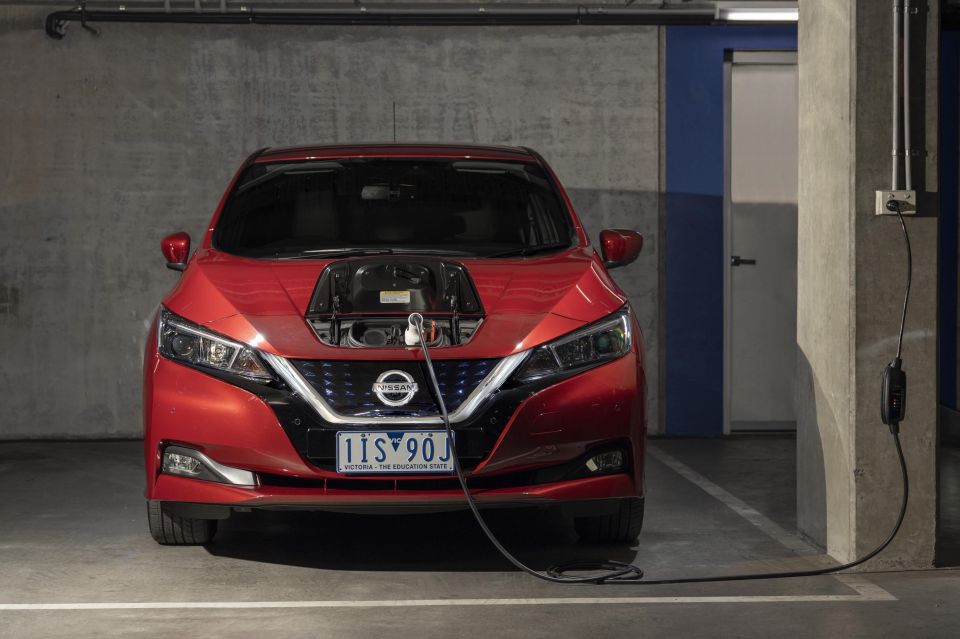
The researchers are hoping to bring this battery to market within three years for use in stationary energy storage systems (ESSs) and short-distance electric vehicles (EVs).
As electric vehicle demand grows, research teams around the world have been testing out different battery chemistries and additives.
A research team from Chalmers University of Technology in Gothenburg, Sweden explored a sodium-ion battery technology that’s said to be more environmentally-friendly and cheaper to produce than today’s lithium-ion batteries.
Unlike the lithium-ion battery with the aqueous electrolytic solution, this sodium-ion battery technology is expected to have the same energy density as lithium-ion EV batteries.
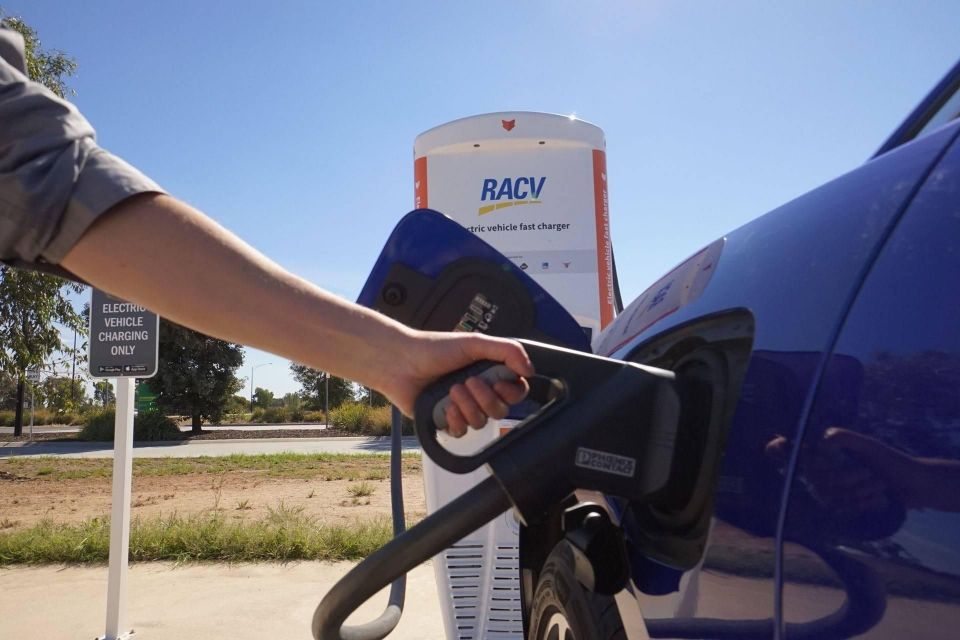
Chinese automaker CATL has also been researching the viability of sodium-ion batteries, and expects production to commence in 2023.
Additionally, a research team from Monash University, assisted by CSIRO, found a glucose-based additive could stabilise lithium-sulfur batteries.
This battery chemistry is said to store two to five times more energy than lithium-ion batteries.
The team says this could lead to vehicles like electric buses and trucks travelling from Melbourne to Sydney – over 870km – without recharging.
Jack Quick is an automotive journalist based in Melbourne. Jack studied journalism and photography at Deakin University in Burwood, and previously represented the university in dance nationally. In his spare time, he loves to pump Charli XCX and play a bit of Grand Theft Auto. He’s also the proud owner of a blue, manual 2020 Suzuki Jimny.


Ben Zachariah
18 Minutes Ago
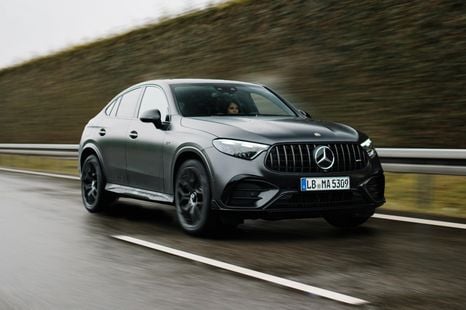

William Stopford
1 Hour Ago
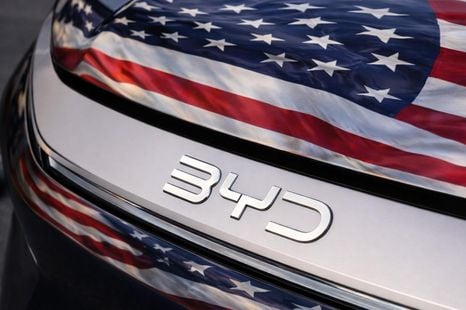

Damion Smy
4 Hours Ago
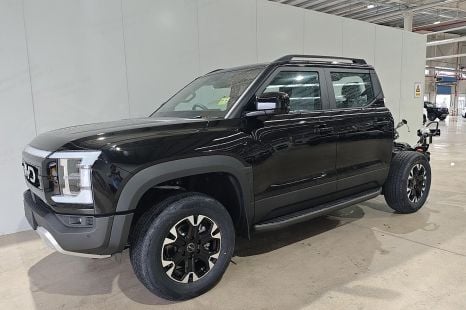

William Stopford
4 Hours Ago
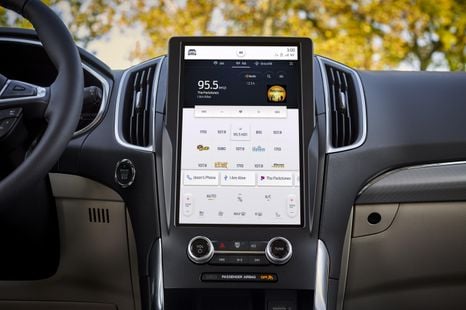

Damion Smy
5 Hours Ago
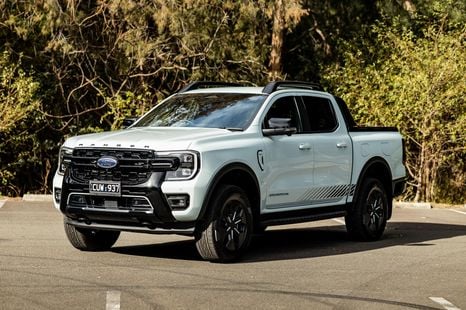

Damion Smy
6 Hours Ago
Add CarExpert as a Preferred Source on Google so your search results prioritise writing by actual experts, not AI.